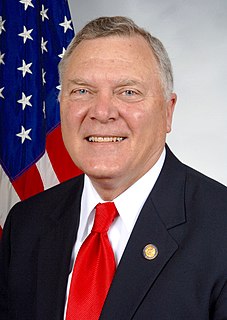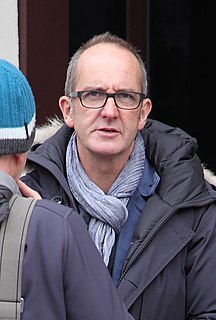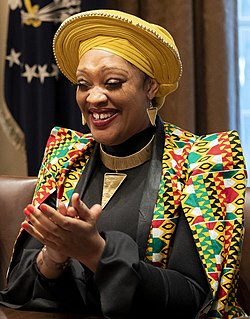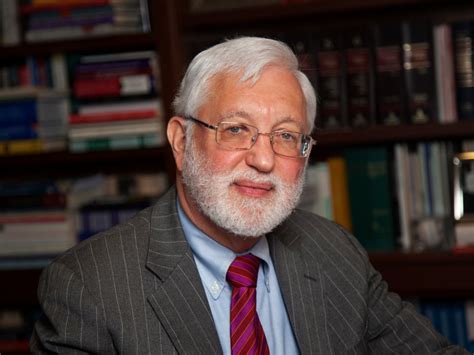A Quote by Nathan Deal
Governor Sanders showed true leadership and character by supporting civil rights for all during a time when many were not, His lasting positive impact on our state will be felt by many future generations of Georgians.
Related Quotes
For many years now, I have been an outspoken supporter of civil and human rights for gay and lesbian people. Gays and lesbians stood up for civil rights in Montgomery, Selma, in Albany, Ga. and St. Augustine, Fla., and many other campaigns of the Civil Rights Movement. Many of these courageous men and women were fighting for my freedom at a time when they could find few voices for their own, and I salute their contributions.
There are many challenges, sadly many challenges our mothers were used to but have endured, which is inspiring. Sadly there are many challenges that many of us are already used to and have been fighting for years, yet our strengths will inspire future generations. That's not to forget we will share many more triumphs to come. It is all a process. Ironically enough, situations that violate human philosophy unite people of different backgrounds.
[Before the Civil Rights Act of 1964], many governments in southern states forced people to segregate by race. Civil rights advocates fought to repeal these state laws, but failed. So they appealed to the federal government, which responded with the Civil Rights Act of 1964. But this federal law didn't simply repeal state laws compelling segregation. It also prohibited voluntary segregation. What had been mandatory became forbidden. Neither before nor after the Civil Rights Act were people free to make their own decisions about who they associated with.
It's actually quite common for presidents to believe that future generations will render a verdict on their presidencies that is more lasting or definitive than the judgments of their contemporaries. The reason is that although history is certainly "an argument without end" - we're still debating many age-old questions - time does help settle others.
Jim Jones started out as a civil rights crusader in Indianapolis. As a young preacher in the mid-50s, he used members of his congregation to integrate lunch counters and all-white churches in rich neighborhoods; they'd just march in and sit down at the pews and see what happened. Often they were received with racist insults, and once with a bomb threat. But the fact that you had this charismatic, white man, aggressively promoting racial equality, was a huge draw for African Americans, many of whom felt the Civil Rights Movement had stalled by the late 60s.
We have never owned, as a country, the damage done not only to people who were enslaved but to future generations in which they were treated. I think that has damaged the future of many African-American people. Some have risen above it quite nobly, but it has impacted generations, and we have to be able to own that as part of the past.


































